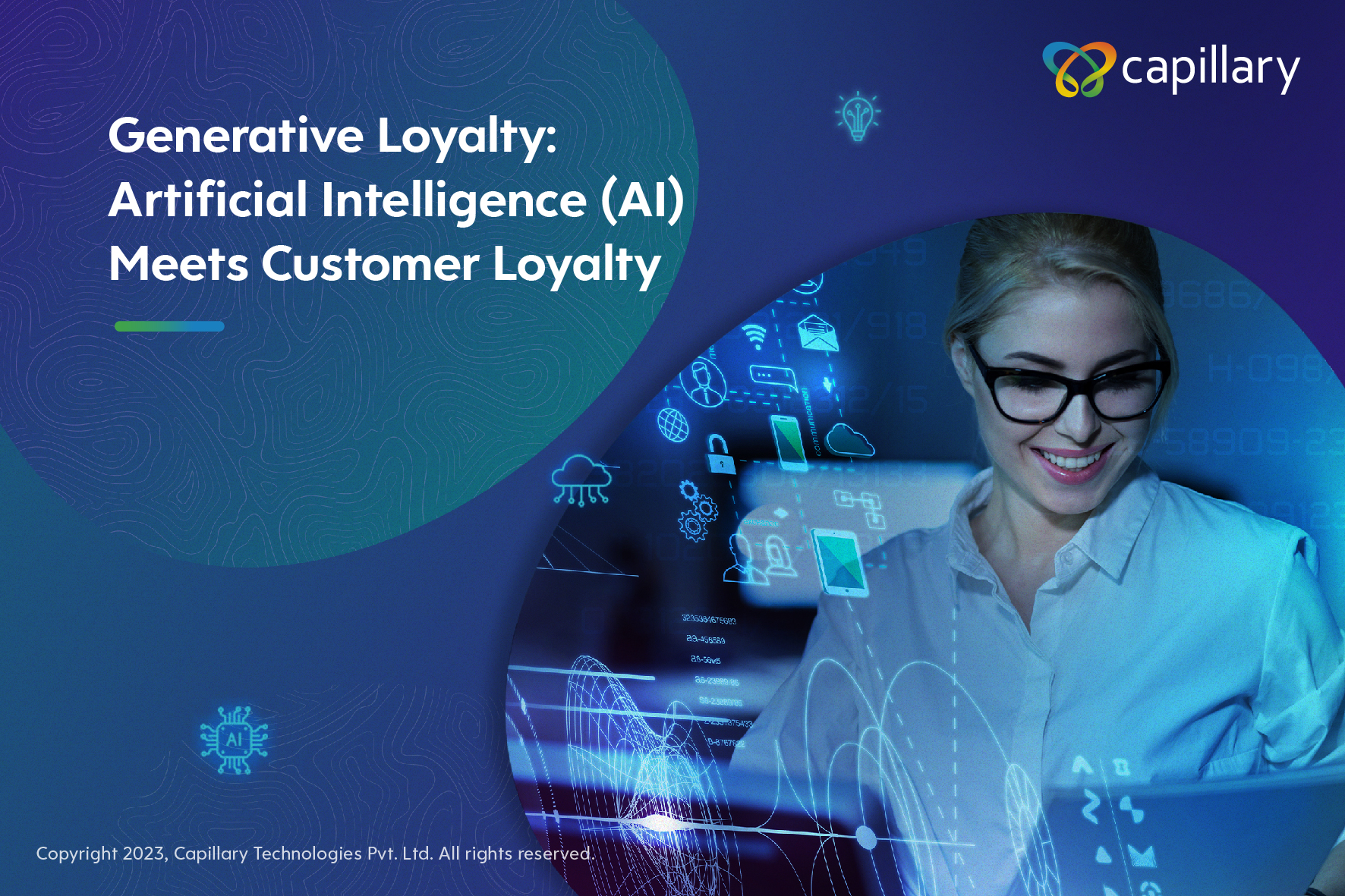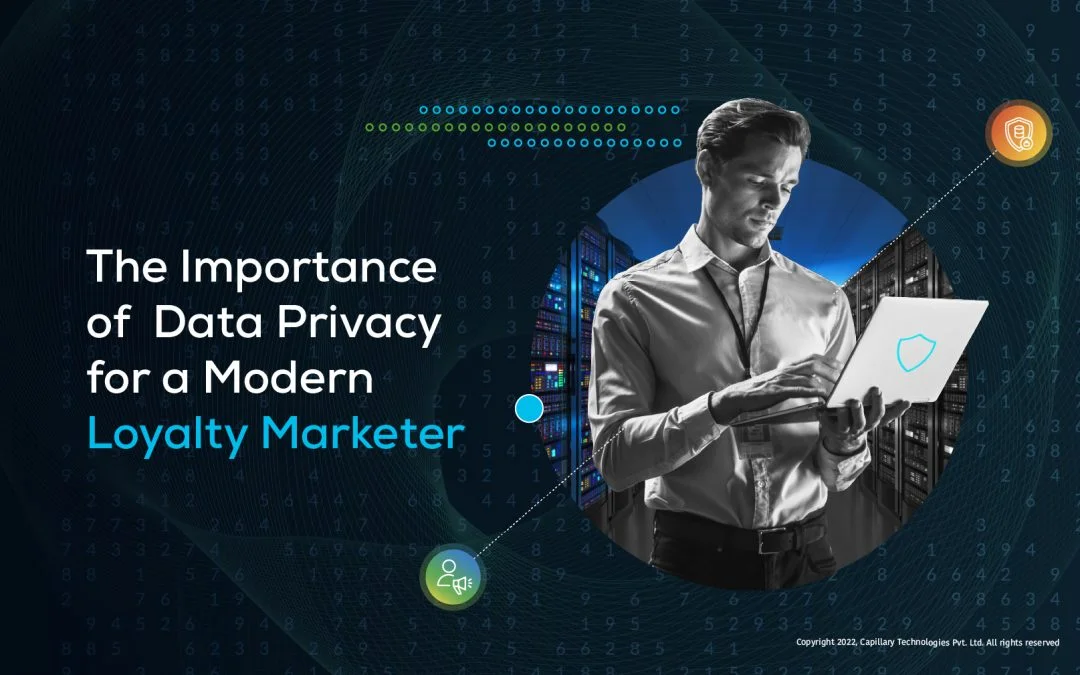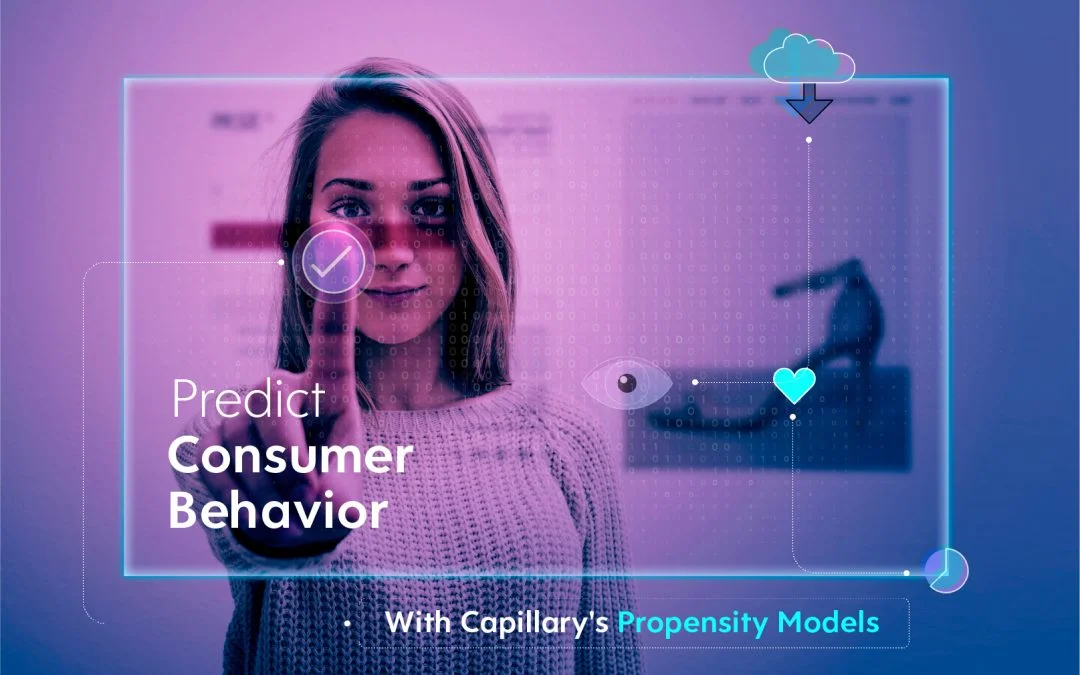- Design industry shaping loyalty programs
- Integrate easily and go live quicker
- Deliver hyper-personalized consumer experiences
Blue Rewards from Al Futtaim Group Shares Loyalty Success Stories and Evolution. Watch Podcast >
Capillary Triumphs with 4 Prestigious Wins at the 2025 International Loyalty Awards! Read more >

The one thing that every marketer relies on is data. It is this data that helps them reach the right audience and enhance the overall user experience. However, some significant changes are on its way to make things a little challenging for marketers around the world- the demise of third-party cookies.
With many browsers already phasing out support for third-party cookies, the cookie-less world is on the horizon, and it will significantly affect how loyalty marketers operate.
Third-party cookies have been a fundamental part of digital marketing for over a decade in providing valuable data to track user behavior and personalize online experiences. However, with the increasing focus on data privacy, internet users are more concerned about how their data is collected and used.
In response to these concerns, major internet browsers like Microsoft Edge and Safari have already taken steps to phase out support for third-party cookies. Google has also announced plans to eliminate third-party cookies in its Chrome browser by 2023 leaving marketers in a challenging position.
A cookie-less world means that marketers will have to find new ways to build customer loyalty and engagement.
All the data collected using third-party cookies (like search history and websites visited, social media sites used, etc.) is utilized to create a more detailed view of the consumer so that the targeted ads match the person being served.
Here are the challenges of a cookieless world for marketers:
A cookieless world, however, is not the end of marketing. To address the challenges faced due to the phasing out of third-party cookies, marketers will now have to find new ways to collect data that can improve the efficiency of their targeting. Here are some alternatives that can help them redefine their marketing strategies:
The demise of third-party cookies means that loyalty marketers need to focus on collecting and utilizing first-party data. First-party data is the information collected directly from customers or prospects through website analytics, email lists, surveys, or any other means of engagement.
By collecting first-party data, marketers can build a deeper understanding of their customers, including their behaviors, preferences, and interests. This data can then be used to personalize experiences and build loyalty.
To encourage customers to share their data voluntarily, loyalty marketers can offer incentives such as exclusive discounts or early access to new products.
Contextual advertising uses website content to target ads to customers based on their interests. By analyzing the content on a website, marketers can personalize experiences and target ads to customers who are most likely to be interested in a particular product or service.
Contextual targeting can also be used to personalize website content, such as product recommendations or personalized content based on the customer’s interests. It gives marketers more control over where their ads appear, ensuring that those sites align with their brand values.
According to Accenture, 83% of customers are willing to share their data to create a more personalized experience. Capillary’s Customer Data Platform leverages critical data carefully for hyper-personalization content across various channels seamlessly.
A loyalty program is an excellent way to build customer loyalty, and it can be particularly effective in a cookie-less world. By offering rewards, exclusive deals, and personalized experiences, loyalty programs can create a sense of exclusivity and encourage customers to return to a business.
When creating a loyalty program, it’s essential to make it easy to use and understand. The program should also offer a variety of rewards and incentives to keep customers engaged.
Capillary’s Loyalty Management Software is used by more than 250 brands across 30 countries to create high-level and engaging loyalty programs.
With data privacy becoming an increasingly important issue, marketers need to be transparent and accountable in collecting and using customer data. It’s essential to be clear about data collection and usage policies and to provide customers with options for how their data is used.
By focusing on privacy, marketers can build trust with their customers, which is essential for building loyalty.
Capillary’s Privacy Management System helps marketers to ensure a seamless intersection of customer journeys and privacy regulations across the globe.
In a cookie-less world, new technologies are emerging that can help marketers build customer loyalty. For example, machine learning algorithms can analyze customer behavior and provide personalized recommendations.
Voice search is another emerging technology that can be used to personalize experiences and build customer loyalty. By analyzing customer voice searches, marketers can gain insight into customer behavior and preferences.
Capillary’s Ask Aira helps marketers to engage with customers more personally and build emotional connections by providing relevant prompts regarding messaging tone and generating communication ideas.
No matter how hard the challenge is, there’s always a way to overcome it and the same applies in the case of marketing in a cookieless world. Nothing remains the same forever and that’s why it is important to stay updated and keep reinventing strategies. And once a marketer has aced that, there’s nothing stopping him from creating successful a marketing approach.

December 5, 2024 | 4 Min Read
Generative Loyalty is a groundbreaking approach to customer

October 13, 2022 | 4 Min Read
64% of customers blame companies over anyone else, including

November 2, 2024 | 6 Min Read
As the backbone of predictive marketing, Propensity Models u